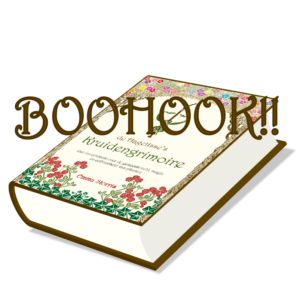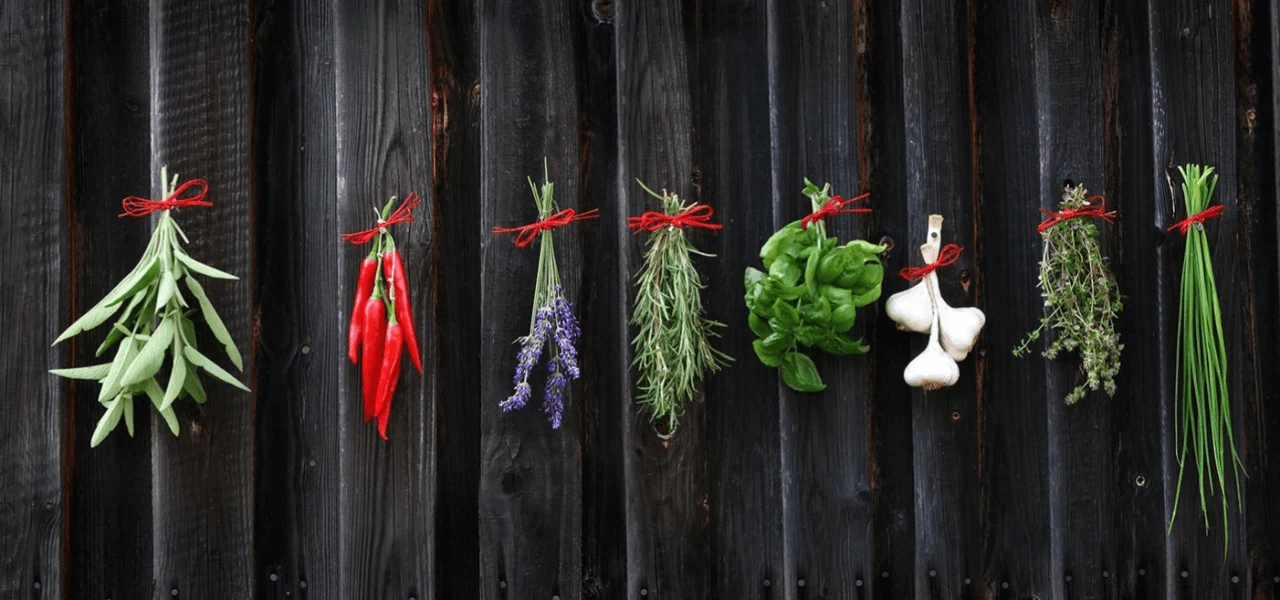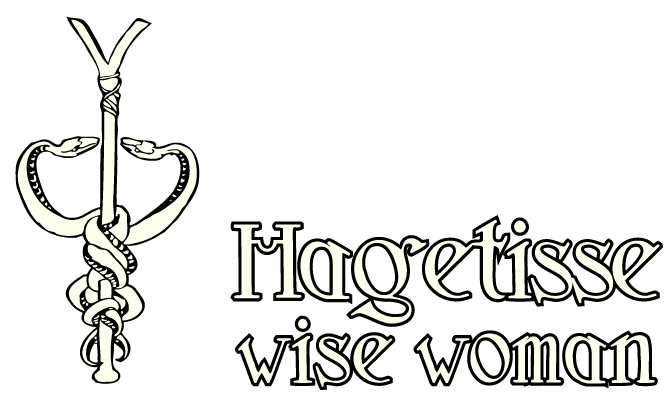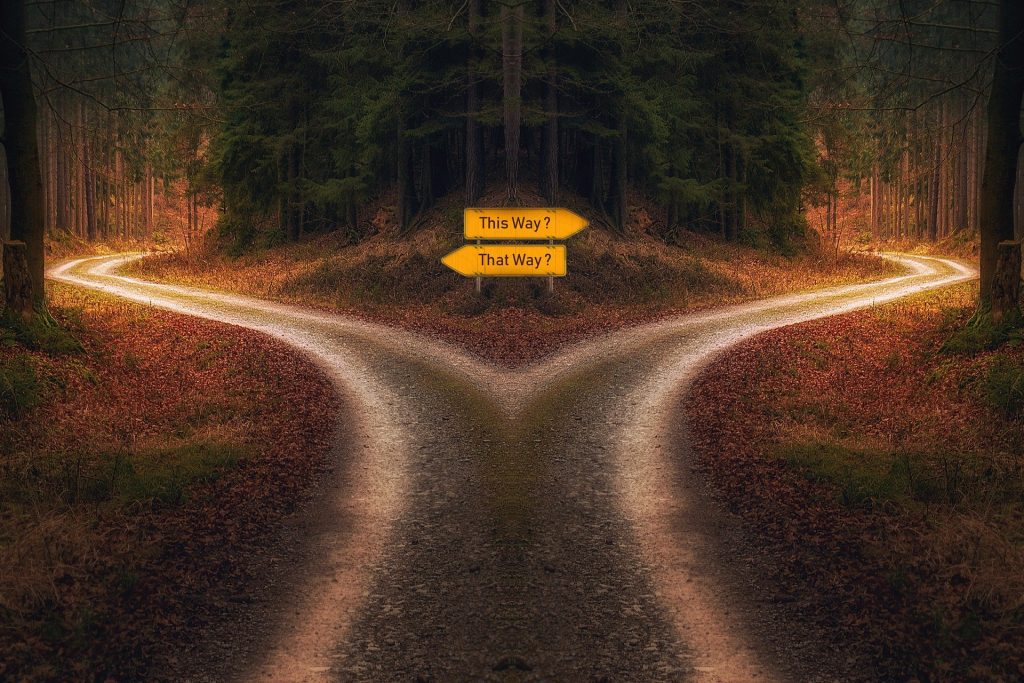Herbal allies: how to choose the right plants to work with
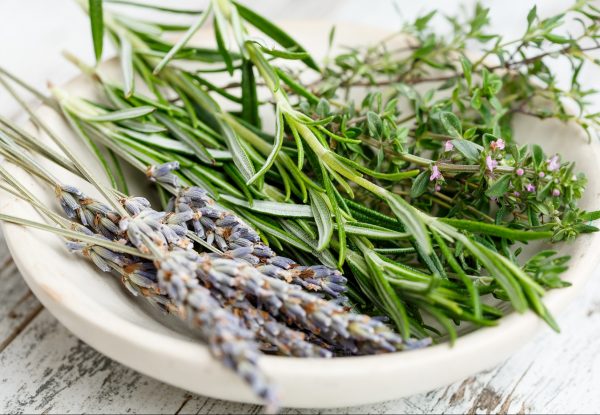
Herbs are valuable allies, there is no question about that. There are, however, an awful lot of medicinal and magical plants. It’s impossible to get to know them all. How do you choose the right plants to work with?
Plants are like friends
First of all, I’d like to say that it isn’t only impossible to get to know all plants, it also isn’t something you should strive for. Compare it to friendship. Of course, there are hundreds, thousands, millions of great people you could meet. Yet your group of friends is limited. You only have so many hours in your day and getting to know someone really well takes time. Not to mention our physical inability to maintain more than 150 meaningful social relationships. To build a real, close friendship, it is important to know someone really well. We, therefore, think it’s normal that we don’t have, let’s say, 100 proper friends.
It’s no different with plants. You have to invest a lot of time to really get to know a plant. Learn, try, repeat, expand, over and over again. As a result, it’s quite normal that most herbalists work with no more than 20 to 30 plants. To make those plants useful allies, they’ve studied them for years. That number is more than enough to treat most indications. If there is something special going on, you can always look for a plant that you didn’t know yet. Just as you may need other friends at some point in your life.
Choosing your plants
How do you choose those plants? How do you know which herbs are right for you? I cannot give you a standard answer because we’re all different. But I can tell you how that works for me. “My” plants came into my life organically. There’d be an issue that I’d want to do something about and I’d start looking for a plant. When I was young, I’d often find the plant in my immediate environment. They were usually pointed out to me by the people around me. The older I got, the more I started to experiment with unknown plants.
Those experiments are generally the result of matters I’m dealing with which calls for a herbal ally. Think of an illness or a magical goal. When looking for an ally like that, I always pay attention to a number of things. Which plants that grow in my part of the world can I use for this? It rarely happens that I use an exotic plant, but I don’t rule it out either. If the best candidate happens to be an exotic, then I won’t be pig-headed. But in case of equal suitability, I choose local plants.
Another question is which of these plants can I grow myself. If necessary, I’ll buy my herbs from a reliable supplier, but I prefer to grow them myself. Then there is the matter of which of the candidates have additional useful characteristics. Think of other indications in which I can use them or their edibility. And perhaps the most important criterion: which one appeals to me intuitively? This way I ultimately get to choose a plant which I’ll then start working with.
Plants often come to me
Sometimes plants come to me. Mullein, Verbascum, is one of them. It will spontaneously appear at just about every place I live. Poke weed, Phytolacca, ditto. Both are lung plants, which is not a coincidence. If plants are presented to me in this way, I will certainly study them. There are also other ways in which plants come to me. I’ve always had a strong bond with roses, both wild and cultivated varieties. They’re in the gardens of the houses I’m going to live in, I dream about them, sometimes I even get caught up in them. And I use them in my practice.
In short, if plants seem to purposefully catch my eye in any way, I do something with them. I have made many plant-based friends over the decades this way. But – despite the fact that I have been as lucky as to work with many more than 30 plants in the meantime – there’s a hierarchy. Some have become close friends, others remain acquaintances. That’s okay. In fact, a lot of plants I can’t even name. That surprises many people.
Have the guts to not know plants either
People seem to think that, as a herbalist, I should be able to name the vast majority of the. I absolutely disagree. In fact, I don’t even want to try. I love walking outside and just look at something without the name coming to mind, followed by all kinds of things you can do with it.
As Shakespeare said, “What’s in a name? That which we call a rose, by any other word would smell as sweet. ” I think sometimes things can be even more beautiful, precisely because you don’t know anything about it. It does, in any case, ensure that you can enjoy it, unimpeded by any knowledge.
So you don’t have to feel ashamed if, after reading a bulky herbal manual, you can’t use all the plants it contains. It is better to study 1 plant at a time and to have chosen that plant because a need you have. The plant vademecum is a good place to start that path from. That way you’ll gradually expand your ally network, plant by plant. The result will be that you gain more profound, experience-based knowledge which will always be of use to you.
